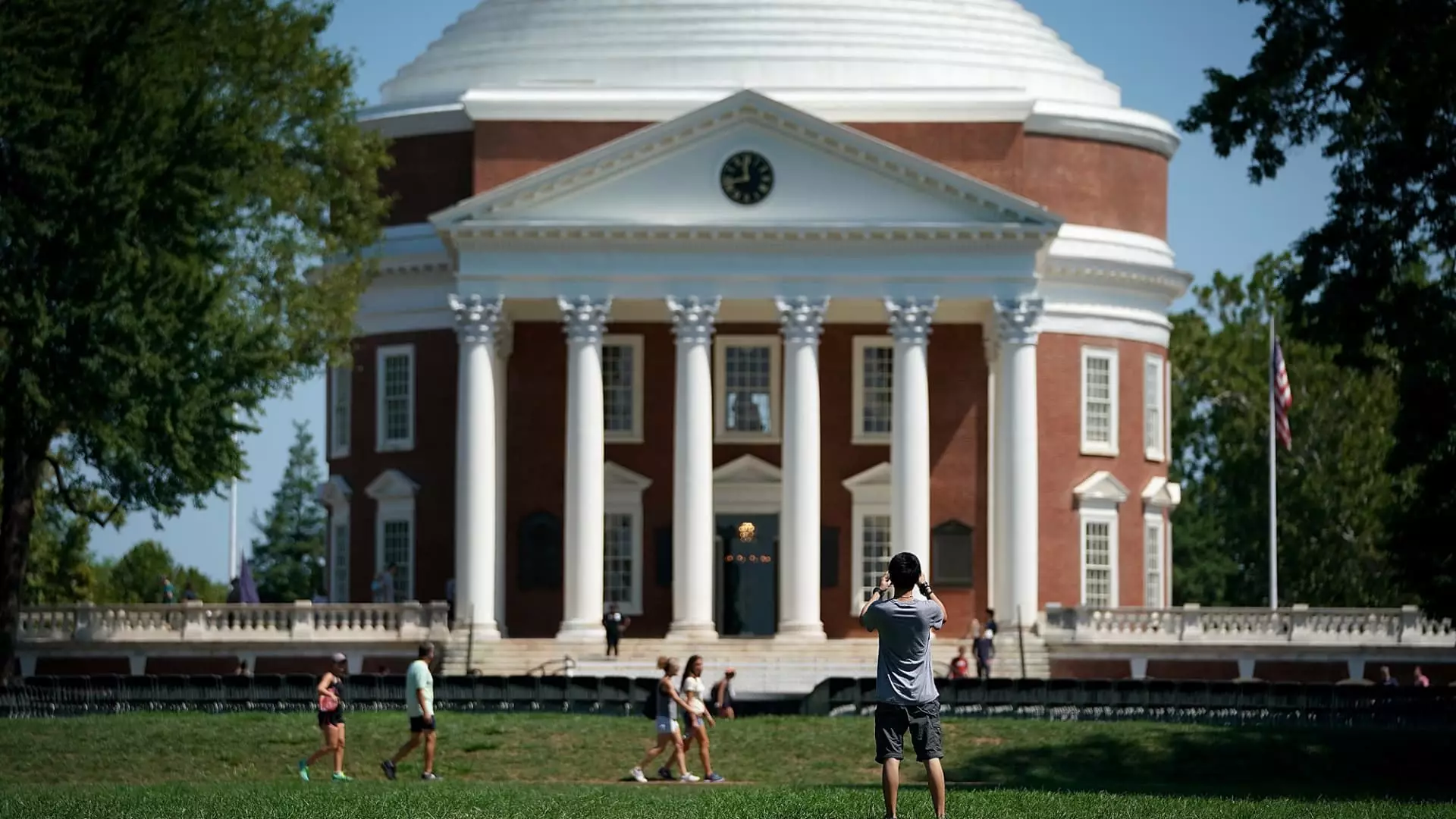The ongoing issues with the new Free Application for Federal Student Aid (FAFSA) have caused significant delays in the distribution of financial aid award letters. This delay has not only created confusion for students and their families but has also prevented many high school seniors from applying for aid at all. As of June 14, only 45% of the high school class of 2024 has completed the FAFSA, representing a 12% decline compared to the previous year’s rates.
The rising cost of college education is a major concern for students and their families. With tuition, fees, room and board, books, transportation, and other expenses factored in, the price tag at some four-year colleges and universities is nearing $100,000 per year. Despite the increasing costs, students and parents rarely pay the full amount, as they may be eligible for financial assistance from the federal government, state government, or the college itself.
Financial aid plays a crucial role in making college education accessible to students from diverse socio-economic backgrounds. The Princeton Review ranks colleges based on the amount of financial aid awarded and the satisfaction levels of students with their aid packages. The 2024 report is based on data collected from surveys of over 650 colleges in the 2023-24 school year.
The difficulties with the FAFSA process have led some colleges to address financial aid and the cost of college more directly and aggressively. This proactive approach by colleges is aimed at attracting more students from low-income families who may otherwise be discouraged from applying due to financial constraints. Nancy Goodman, founder of College Money Matters, emphasizes that colleges offering generous financial aid packages are likely to be more attractive to prospective students.
The Princeton Review’s list of top colleges offering significant need-based scholarships includes prestigious institutions such as Yale University, Vassar College, Williams College, Pomona College, and the California Institute of Technology. These colleges provide substantial financial aid to students with demonstrated need, reducing the overall out-of-pocket costs for families.
State universities like the University of Virginia, University of North Carolina at Chapel Hill, New College of Florida, University of Michigan – Ann Arbor, and University of California, Berkeley, are also recognized for their affordability and generous need-based scholarships. These institutions play a critical role in making higher education accessible to in-state students from various socio-economic backgrounds.
The ongoing issues with the FAFSA have highlighted the importance of financial aid in making college education accessible and affordable for all students. Colleges and universities need to adopt proactive strategies to address these challenges and ensure that financial aid resources are distributed efficiently to those in need. By prioritizing financial aid, institutions can attract a more diverse student population and promote greater access to higher education for all.


Leave a Reply